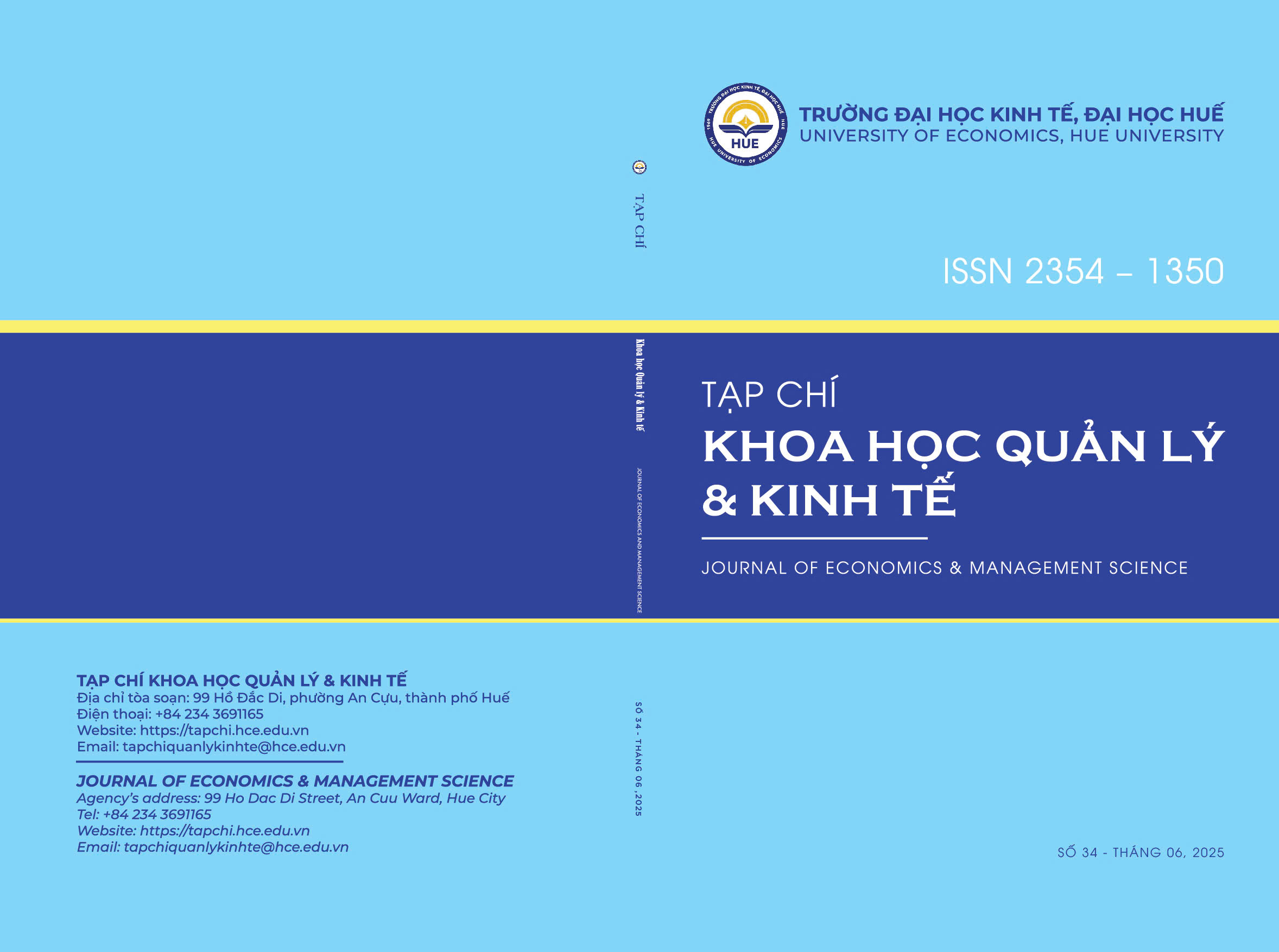##plugins.themes.huaf_theme.article.main##
Abstract
This study explores the support of Can Tho city residents for tourism development in the context of the information society. Using a mixed-methods approach that combines qualitative and quantitative research, data was collected through judgmental and snowball sampling methods. The data was analyzed using measurement models and structural models via PLS-SEM. The findings provide empirical evidence on the impact of online social support on residents' perceived value and their supportive attitudes toward tourism development across three dimensions: cognitive, affective, and behavioral intentions. Specifically, informational support from social networks encourages supportive actions, while peer support influences perception. Moreover, perceived value plays a crucial mediating role, significantly shaping residents' attitudes and behaviors toward local tourism development. These findings not only contribute to the theoretical foundation of tourism and social media communication but also offer practical implications for leveraging online social support to enhance awareness and promote community participation in sustainable tourism development.

